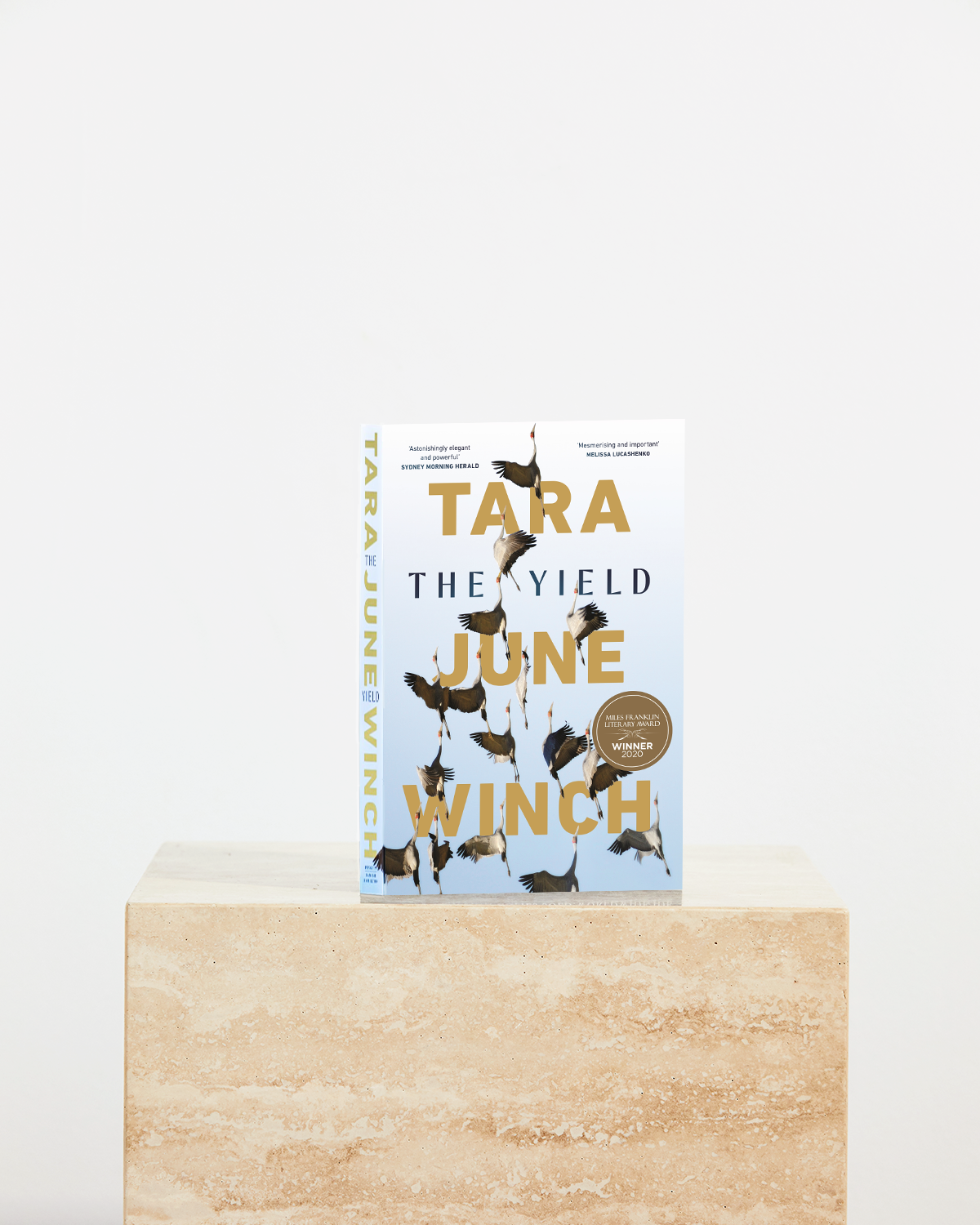

Life or death have finality, limbo doesn’t no-one wants to hear about someone lost. Grief, specifically ambiguous loss, is explored in a number of ways in The Yield, most obviously through the parts of the story that relate to Jedda’s disappearance.

There are few worse things than memory, yet few things better, he’d said. He was telling her more – that a footprint in history has a thousand repercussions, that there are a thousand battles being fought every day because people couldn’t forget something that happened before they were born. There exists a sort of torture of memory if you let it come, if you invite the past to huddle beside you, comforting like a leech. August is determined to save their land and the stories that go with it. The stories of Albert and August’s lives are told against an unfolding threat – the land at Prosperous is to be repossessed by a mining company. She returns home for his burial, wracked with grief and burdened by the tragedy she had intended to leave behind in Australia – the disappearance of her sister, Jedda.

His life has been spent on the banks of the Murrumby River at Prosperous House, and his stories reveal the importance of landscape and the role of particular people in his life.Īugust Gondiwindi has been living in London for a decade when she learns of her grandfather’s death. The story focuses predominantly on two characters – Albert ‘Poppy’ Gondiwindi who, knowing he will soon die, puts pen to paper to record the language of his people. Where to start with this big story, plump with important themes, lush language, and rich history? No review that I will do of Tara June Winch’s novel, The Yield, will capture all the elements of this book, so instead I will focus on the two parts that drew me in – the experience of grief, and the meaning of words.


 0 kommentar(er)
0 kommentar(er)
